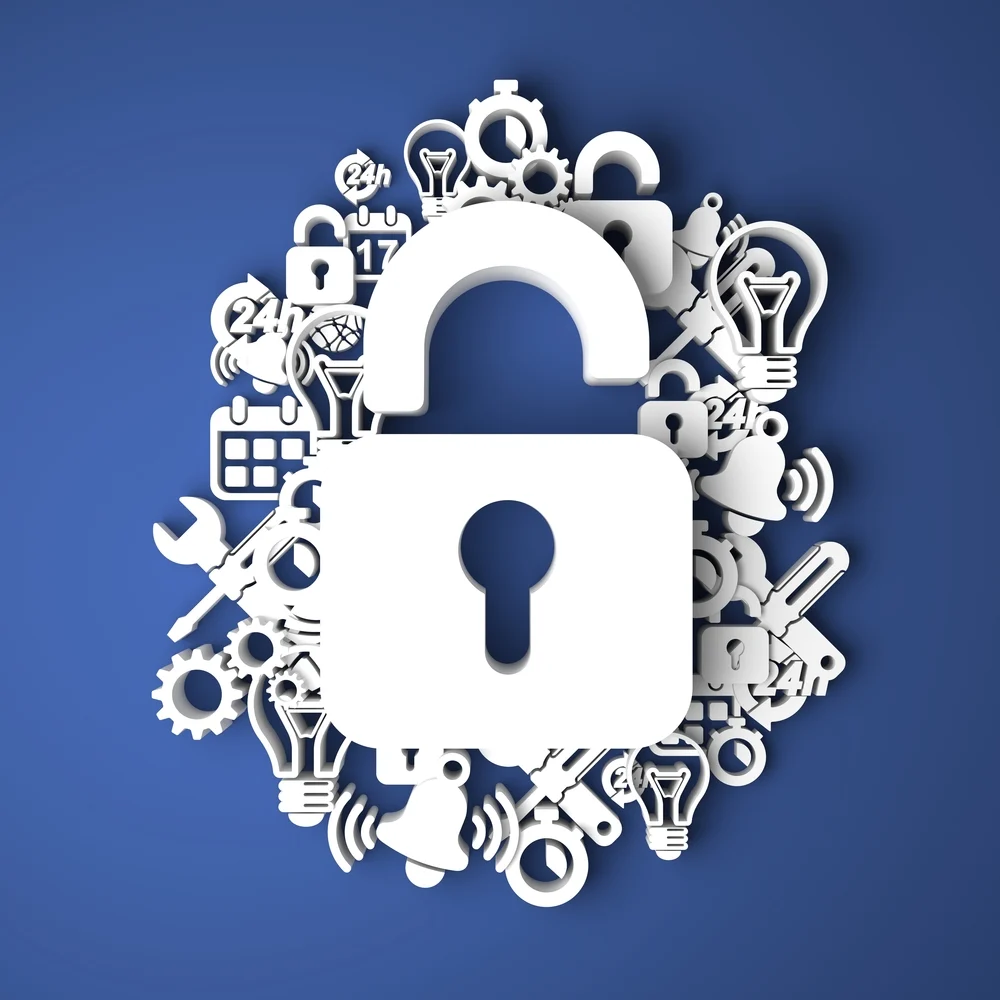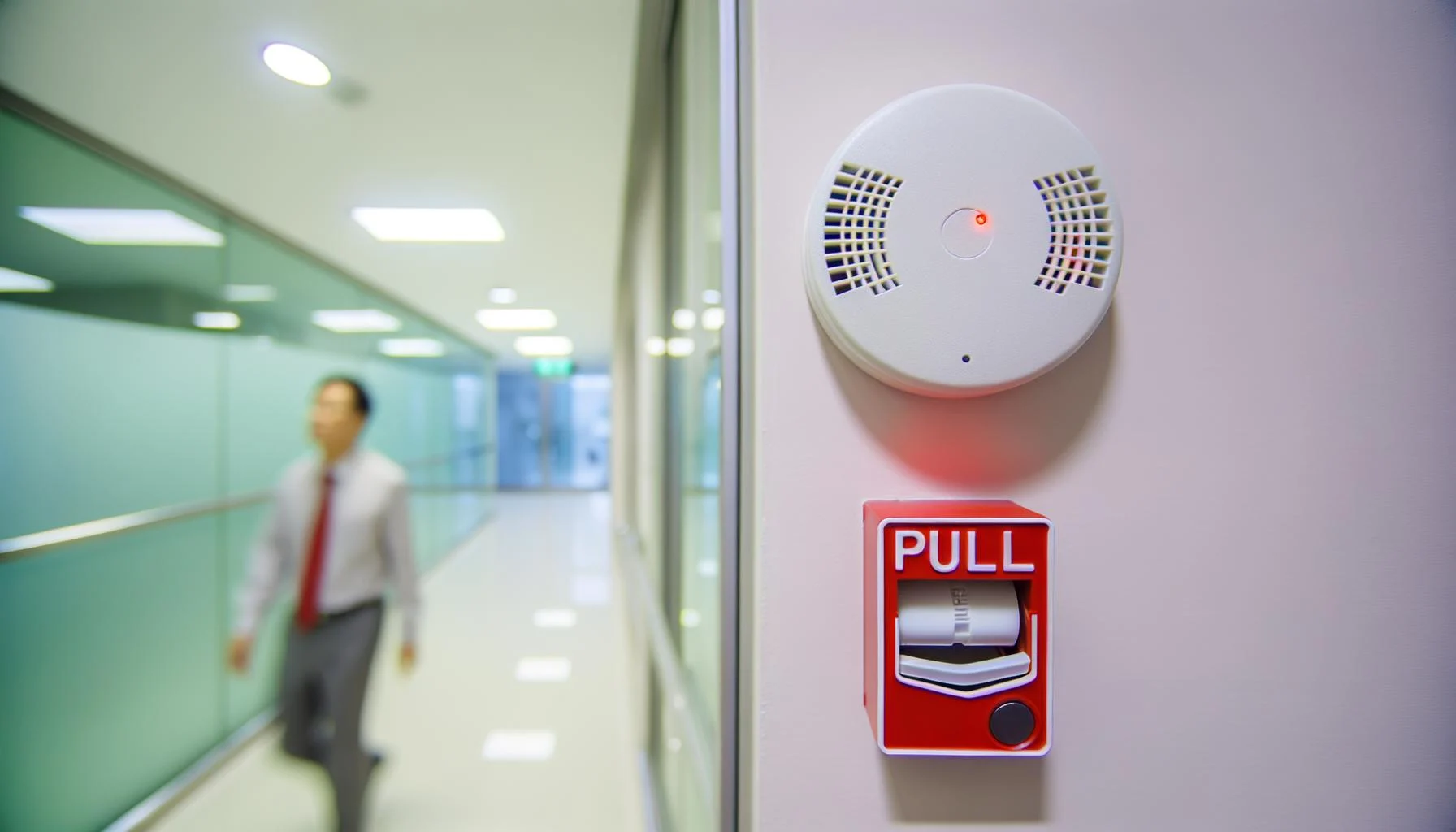
Access control plays a vital role in safeguarding businesses and commercial properties from unauthorized entry and potential threats. It involves the implementation of measures and procedures to control who can access specific areas within a facility, ensuring that only authorized individuals can enter designated zones.
Businesses Must Conduct Access Control Audits
Whether used as part of a bigger security solution, or implemented on its own, businesses must conduct access control auditing and ensure compliance with relevant standards and regulations. Access control auditing for physical access is the process of evaluating and reviewing the effectiveness of access control systems and policies in place.
By regularly auditing access control measures, businesses can identify vulnerabilities, assess risks, and take corrective actions to mitigate potential security breaches. These audits involve examining various components of the access control system, including physical barriers, electronic devices, personnel practices, and monitoring procedures.
One of the primary reasons for conducting access control auditing is to comply with regulatory and legal requirements. Depending on the industry and location, businesses may be subject to specific regulations that mandate adequate security measures and access control protocols. For instance, financial institutions, healthcare facilities, and government organizations are often required to adhere to strict access control guidelines to protect sensitive information and assets.
Access Control Audits Can Assess System Efficiency
Access control audits also serve as a means of evaluating the efficiency of access control systems. By reviewing access logs, monitoring security camera footage, and conducting physical inspections, businesses can identify potential weaknesses or lapses in their access control mechanisms. This proactive approach allows for prompt remediation and the implementation of more robust security measures.
Additionally, access control auditing enhances accountability and transparency within an organization. By documenting access control activities and maintaining comprehensive records, businesses can track and monitor personnel movement, limiting the risk of internal threats and unauthorized access. This documentation can also prove valuable in investigations related to security incidents or employee misconduct.
Access control auditing also fosters a culture of security awareness and compliance among employees and staff. Regular training and awareness programs can be conducted based on the findings of the audits, educating individuals about the importance of access control and their role in maintaining a secure environment.
Consistent Access Control Auditing Yields Several Benefits
To maintain a high level of security, access control auditing should be conducted periodically or whenever significant changes occur within the organization, such as personnel turnover or infrastructure modifications. This proactive approach ensures that security measures remain up-to-date and effective against emerging threats. To learn more about the key benefits of access control systems, click here.
Contact Solucient Security Today
At Solucient Security, we know firsthand that access control auditing is a critical aspect of physical security for businesses and commercial properties. By conducting regular audits and ensuring compliance with relevant regulations, businesses can protect their assets, data, and personnel from unauthorized access and potential threats.
Beyond meeting legal requirements, access control auditing promotes a culture of security awareness and enables businesses to adapt their security measures to ever-changing risks and challenges. Investing in access control auditing is an investment in the safety and longevity of any business or commercial property. Schedule a call with our team today to learn more!





